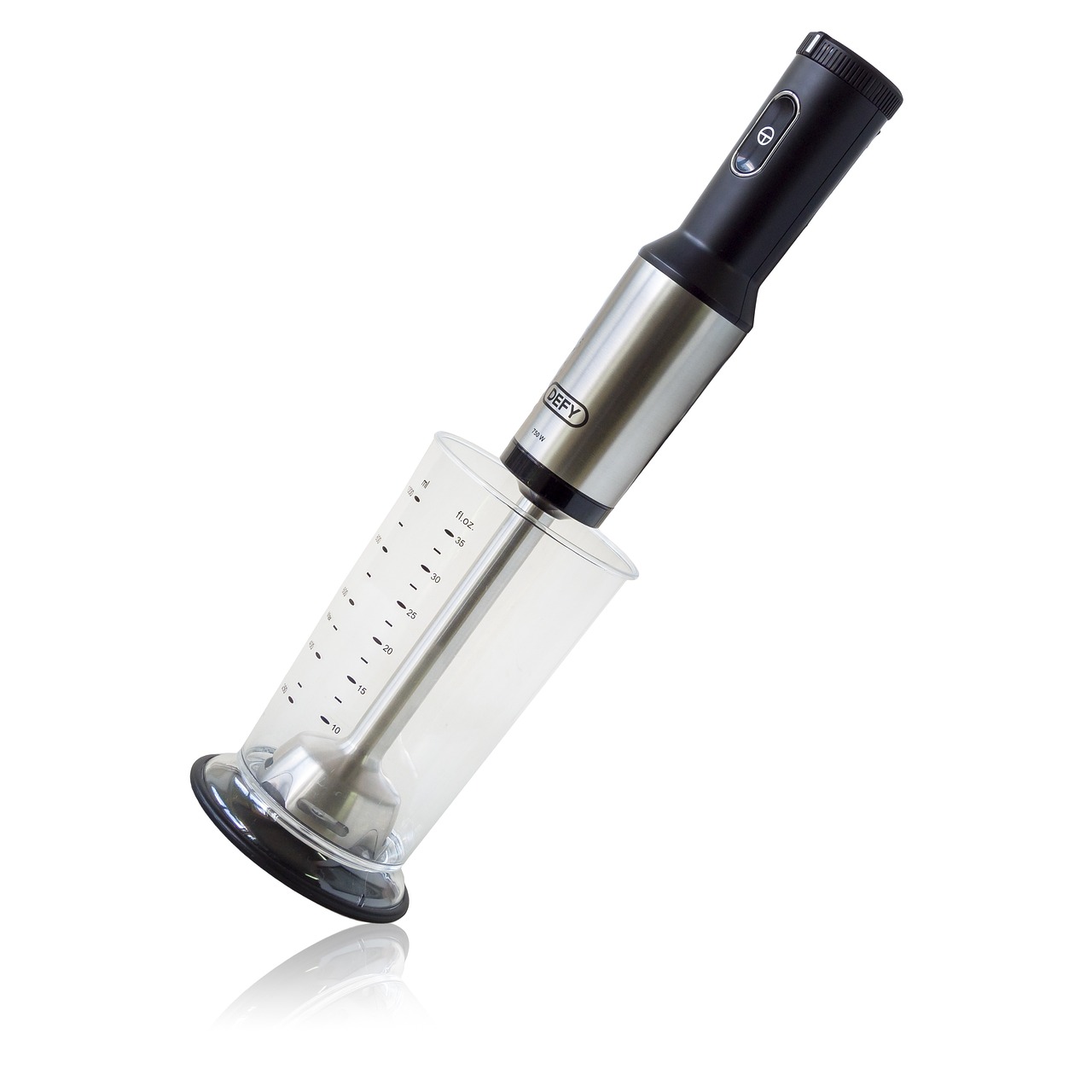AI and Automation in Manufacturing
With the integration of AI and automation in manufacturing processes, companies can greatly enhance their production capabilities. These technologies enable businesses to streamline their operations, increase productivity, and improve the overall quality of their products. By automating repetitive tasks and utilizing AI algorithms for data analysis, manufacturers can experience significant time and cost savings while maintaining high levels of precision and consistency in their output.
Furthermore, AI and automation empower manufacturers to adapt quickly to changing market demands and scale their production operations efficiently. These technologies provide real-time insights and predictive analytics that help businesses make more informed decisions regarding inventory management, equipment maintenance, and resource allocation. By leveraging AI and automation tools, manufacturers can optimize their workflows, minimize wastage, and achieve operational excellence in a highly competitive industry landscape.
Challenges of Implementing AI and Automation in Manufacturing
Implementing AI and automation in manufacturing comes with its own set of challenges. One major hurdle is the initial high cost of acquiring and setting up the necessary technology. Companies often need to make significant investments in equipment, software, and training to integrate AI and automation into their production processes. This financial barrier can deter some businesses from taking the leap towards modernization.
Another challenge is the resistance from the workforce. Employees may feel threatened by the idea of machines taking over their tasks or worry about potential job losses. It is crucial for companies to communicate transparently with their staff and provide adequate training and support during the implementation phase to alleviate these fears. Building trust and collaboration between humans and machines is essential for successful adoption of AI and automation in manufacturing.
Impact of AI and Automation on Production Efficiency
AI and automation have revolutionized the manufacturing industry by streamlining processes and increasing production efficiency. With AI-powered machines and robotics, tasks that once required manual labor can now be completed in a fraction of the time, leading to faster turnaround times and higher output levels. This has enabled manufacturers to meet demand more effectively and compete in today’s fast-paced market.
Moreover, the implementation of AI and automation in manufacturing has not only improved efficiency but also enhanced product quality. By utilizing AI algorithms and predictive analytics, manufacturers can detect defects early in the production process, leading to fewer errors and reduced waste. This has resulted in higher customer satisfaction rates and lower costs associated with rework or returns, ultimately driving greater profitability for businesses.





